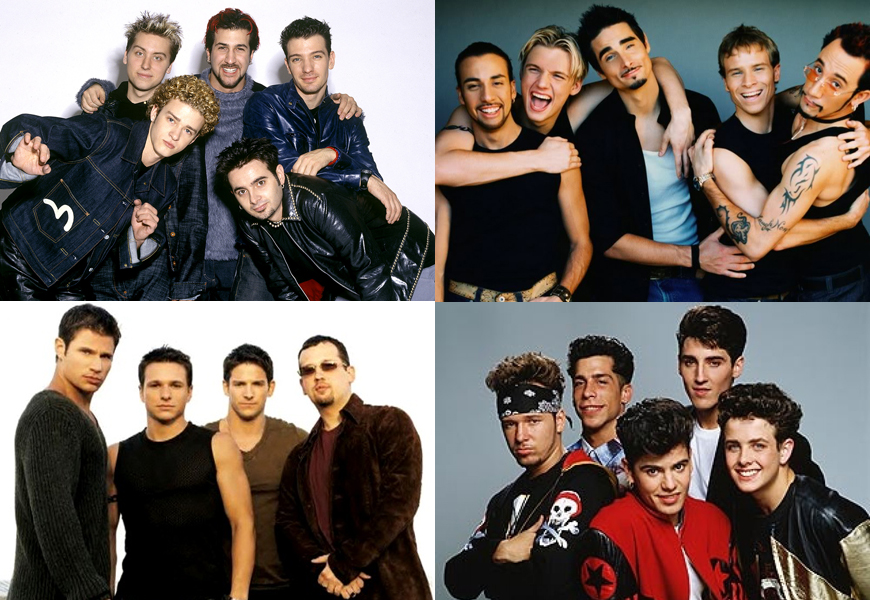Less than 48 hours after the dismissed radio host took to his personal Facebook page to present his side of his departure from the CBC, which was originally presented as Ghomeshi taking time to deal with “personal issues” including the recent passing of his father, the story has become a he-said, she-said cribbed from the pages of 50 Shades of Grey.
Here’s the Coles Notes version:
On Sunday, the CBC announced that they had parted ways with the long-time host and creator of Q, a successful interview-based radio series. Shortly after, Ghomeshi posted an extensive message on Facebook saying he was fired “because of the risk of my private sex life being made public as a result of a campaign of false allegations pursued by a jilted ex girlfriend and a freelance writer.”
At the heart of the story are allegations that Ghomeshi, 47, was physically violent in advance of and during sexual encounters. The Star reported Monday that it has approached the Canadian radio host with allegations made by three women, all who refuse to be identified or come forward publicly out of fear of Internet retaliation, over the past several months and that Ghomeshi has said, through his lawyer, that he “does not engage in non-consensual role play or sex and any suggestion of the contrary is defamatory.”
This is not a “Who do you believe?” situation nor is it a story that will fizzle out in the next few days as the news cycle keeps turning – Ghomeshi is a prominent figure in the Canadian media landscape and these are serious allegations that must be investigated and addressed.
How it all plays out is not the greatest issues here, but rather, societies thirst for scandal, rush to take up sides and willingness to create environments so toxic and hazardous that these women are afraid to come forward with their allegations is.
And don’t be naïve – that’s precisely what would happen. It already happens every day in situations of greater and lesser significance than this whether you want to acknowledge it or not.
This story isn’t even 72 hours old and there are already “Jian Ghomeshi Support Groups” popping up all over Facebook, including one called “We Support Jian Ghomeshi and Privacy Rights,” as if what happens in the bedroom is no ones business, even if it borders on being a criminal offense. Conversely, there are also anti-Ghomeshi groups that aren’t exactly sad to see the former Moxy Fruvous singer bounced from the CBC.
As the story continues to simmer (and most likely reach a boiling point), so too will the online name-calling and finger-wagging because that’s just the way things go these days.
The old axiom “If you don’t have anything nice to say, don’t say anything at all” has been replaced by a belief that regardless of your lack of direct involvement or level of understanding of the situation, the fact that you have an Internet connection and the ability to type words on a keyboard means you must share your unfiltered thoughts and opinions on whatever subject tickles your fancy.
And if someone does something that upsets or offends you – or makes allegations against your favourite former CBC personality – you should attack them because regardless of what happened, how dare they speak ill of someone you like.
Determining what happened and taking the appropriate steps to resolve the situation is of paramount importance. The fact that fear of Internet retaliation could stand in the way of that happening is a sad reality.











